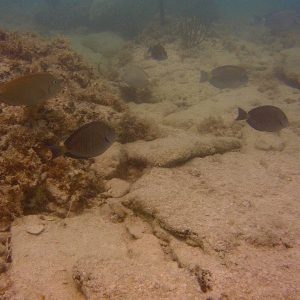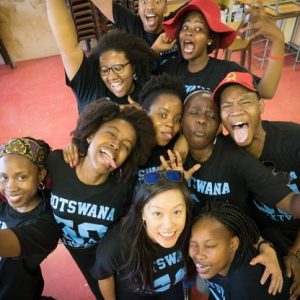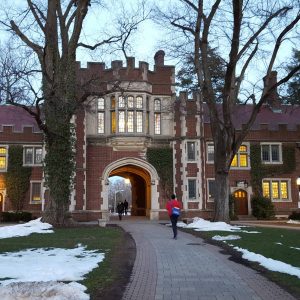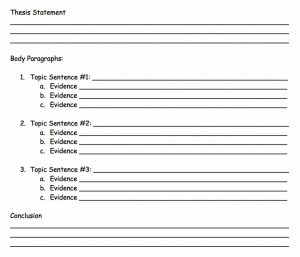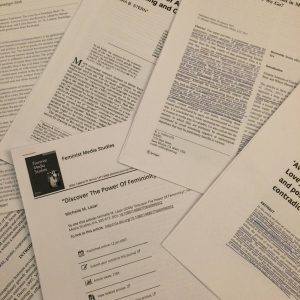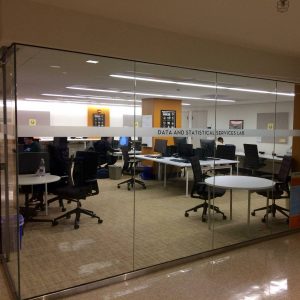How many times have you had to research a topic outside of your area of interest? Whether you are fulfilling a distribution requirement or testing out a new field, developing sound arguments in areas that are new to you can be intimidating. With that in mind, I’ve compiled some tips that always help me when my I’m especially unfamiliar with my research topic:
- Look for a rebuttal argument: Rebuttal articles usually clarify and outline the argument you’re researching in order to argue against it. This helps clarify some of your own ideas while also giving material to complicate your own arguments. I do this early in the research process, as it helps me solidify a direction with my paper when I have a lot of general ideas. I recently used this technique while writing a paper on Evangelical

YouTube is good for more than procrastinating! Alternative sources like videos can explain complicated material. environmentalism. I struggled to develop an argument until I read a text explaining why this framework would not be economically feasible. I used this rebuttal in conjunction with articles on viable economic models of Evangelical environmentalism to help me jumpstart my argument. Without the rebuttal article, I would have had a less clear understanding of the topic and would have approached my paper with a more limited perspective. Continue reading Writing Out of Your Comfort Zone: How to Sound Like an Expert on an Unfamiliar Topic



